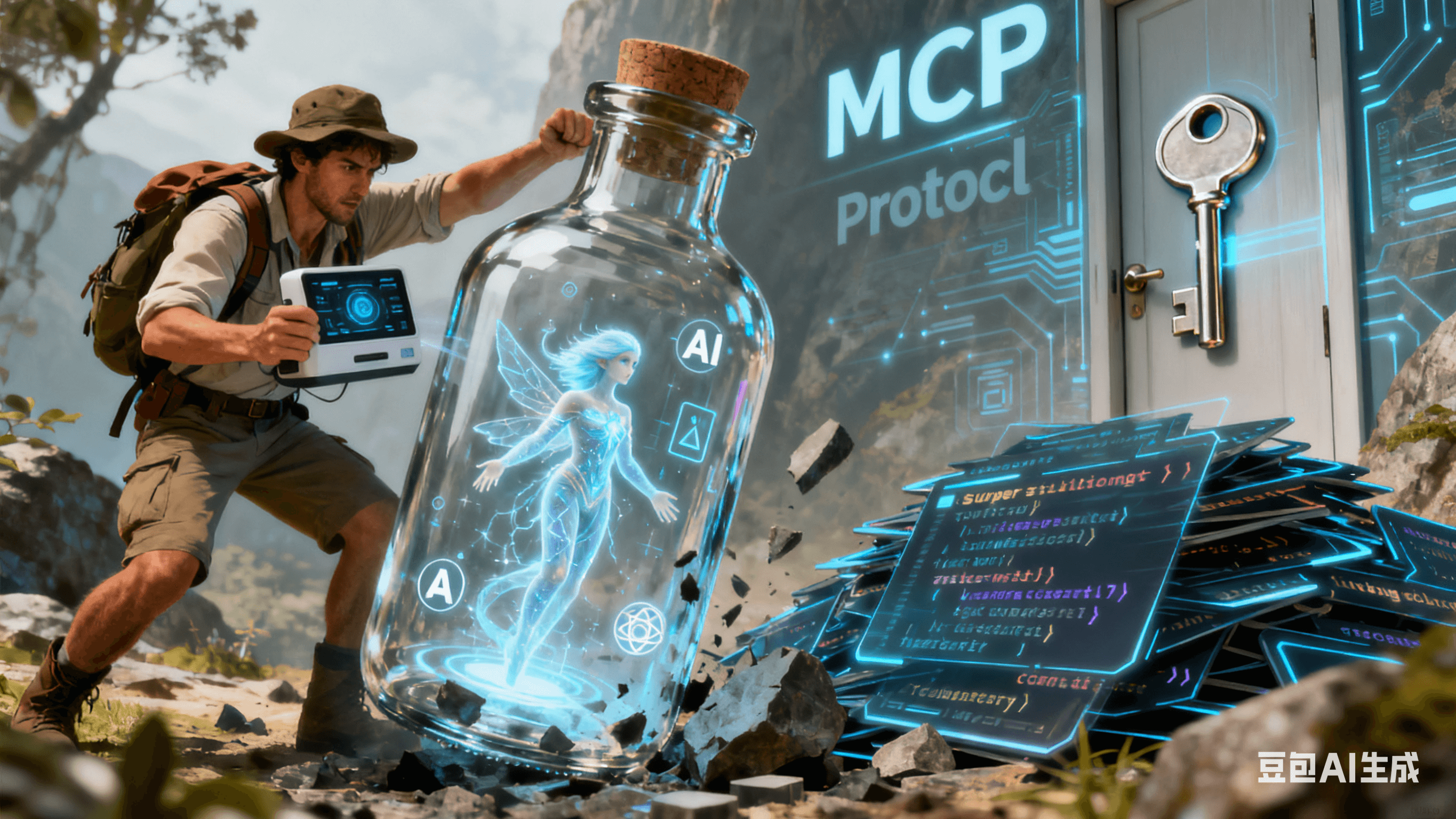Unlocking AI's Potential: The Rise of the Model Context Protocol (MCP)
-

In the fast-paced world of artificial intelligence, where machines can compose symphonies, diagnose diseases, and even predict stock market trends, there's always been a nagging limitation: isolation. Imagine a brilliant mind trapped in a library with outdated books, unable to step outside for fresh insights or tools. That's the predicament many AI models face today—confined to their training data, cut off from the real-time world. Enter the Model Context Protocol (MCP), a groundbreaking innovation that's bridging this gap and revolutionizing how AI interacts with the universe beyond its digital confines.
At its core, MCP is an open standard designed to create seamless, secure connections between AI models and external data sources, tools, and services. Developed by pioneers like Anthropic and embraced by the broader tech community, it acts as a universal translator for AI systems. Think of it as a smart adapter plug that lets your AI "plug in" to databases, APIs, web services, or even physical devices without the hassle of custom wiring for every connection. Instead of hard-coding integrations that are brittle and time-consuming, MCP provides a standardized interface that allows AI to dynamically discover, query, and interact with these resources.
How does it work? MCP operates on a protocol level, enabling two-way communication. When an AI model needs information—say, the latest weather data for a travel recommendation or stock prices for financial analysis—it can use MCP to request it securely from an external provider. The protocol handles authentication, data formatting, and even error management, ensuring that the interaction is efficient and safe. This isn't just about fetching data; MCP empowers AI to perform actions too, like updating a database or triggering a workflow in another system. It's like giving your AI a set of extensible arms to reach out and manipulate the world, all while maintaining privacy and security standards that prevent unauthorized access or data leaks.
But why does MCP matter? It tackles one of the most persistent headaches in AI development: the integration bottleneck. Traditional AI models are static silos, limited by what they learned during training. They can't easily tap into live data or specialized tools, leading to outdated responses or incomplete capabilities. Developers often spend countless hours building bespoke integrations for each new tool or data source, which is not only inefficient but also prone to errors and scalability issues. MCP solves this by standardizing the process, much like how HTTP standardized web communication decades ago. It reduces development time, lowers costs, and opens the door to more dynamic, intelligent applications. For instance, in healthcare, an AI could securely pull patient records from a hospital database to provide personalized advice; in e-commerce, it might integrate with inventory systems to offer real-time product recommendations.
The impact of MCP extends far beyond technical fixes—it's democratizing AI. By making integrations plug-and-play, smaller teams and startups can now compete with tech giants, fostering innovation across industries. As adoption grows, with support from platforms like AWS and Replit, we're on the cusp of an era where AI isn't just smart—it's connected, adaptive, and truly collaborative.
In a world hungry for smarter solutions, MCP isn't just a protocol; it's the key to unleashing AI's full potential, turning isolated geniuses into networked powerhouses ready to tackle tomorrow's challenges.
